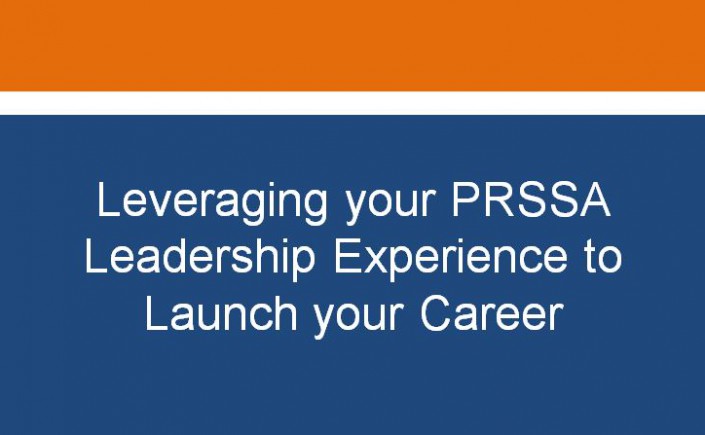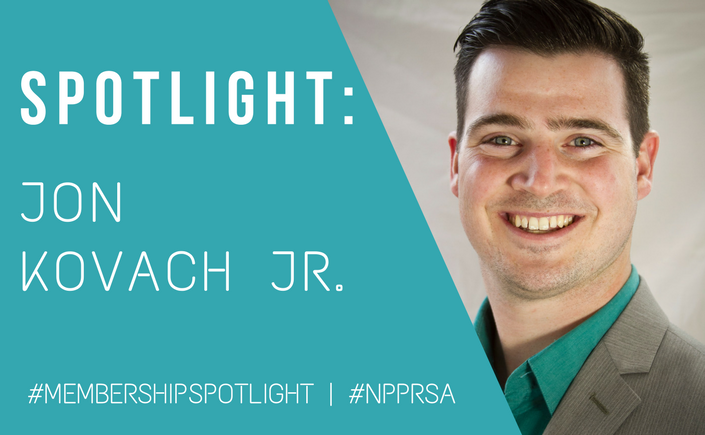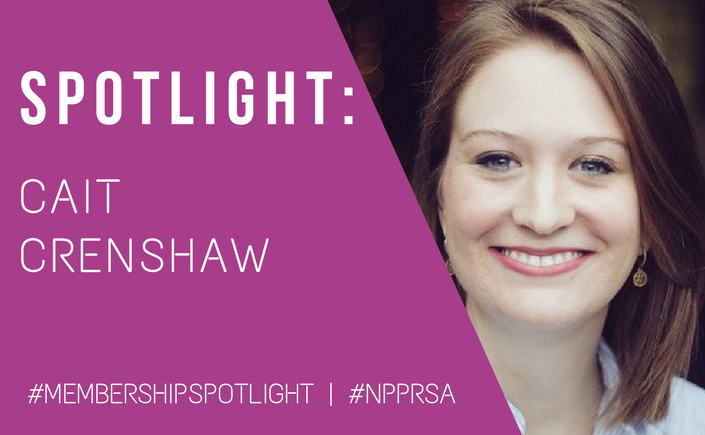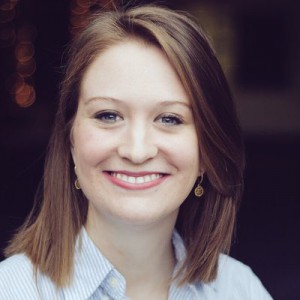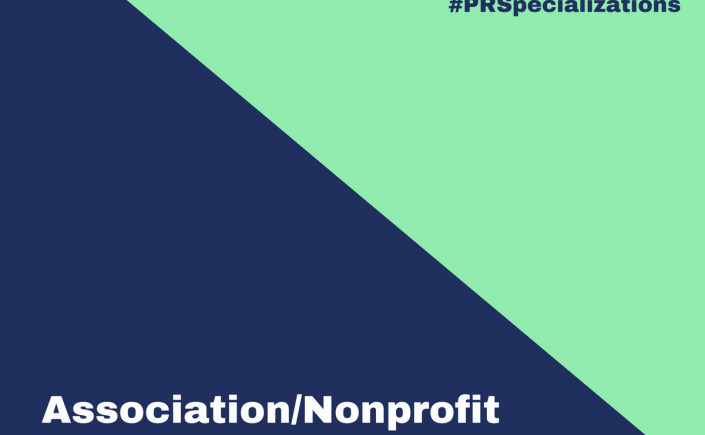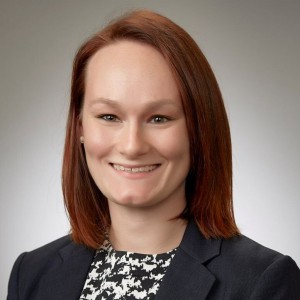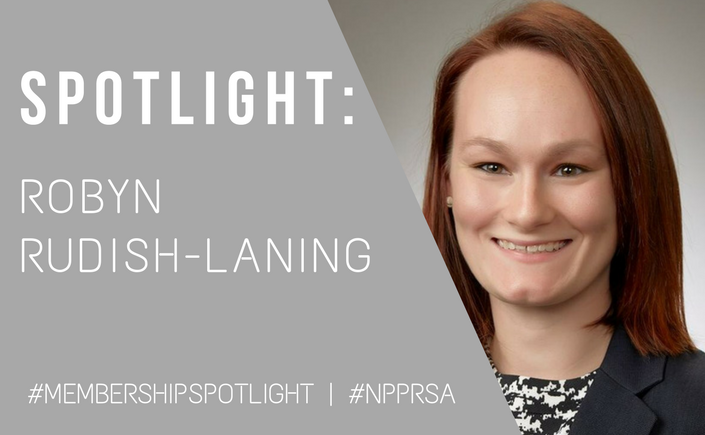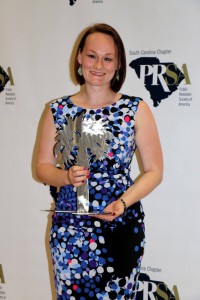Leveraging your PRSSA Leadership Experience to Launch your Career
By: Emma Finkbeiner, PRSSA Immediate Past President
For recent graduates, standing out amongst your peers in the job search is crucial. In a competitive industry, leveraging the leadership experience gained through PRSSA membership can help you do just that. I spoke with four former PRSSA National Committee members about skills they learned through PRSSA involvement and how they used their experiences to help launch their careers.
Brian Price, PRSSA 2013-14 National President
Corporate Communications Manager, Starwood Retail Partners
Heather Harder, PRSSA 2014-15 National President
Communications Manager, RSE Ventures
Laura Daronatsy, PRSSA 2015-16 National President
Communications Leadership Development Program Associate, Lockheed Martin
Veronica Mingrone, PRSSA 2015-16 National Vice President of Career Services
Analyst, Canvas Blue
What did PRSSA leadership experience teach you about professionalism?
Brian: “I think it showed I took my profession and professional development very seriously. But, you need stories to back it up to show why and how PRSSA experiences are so valuable. Seek out leadership positions not just to have the line on your resume, but for the development that comes with it.”
Laura: “PRSSA helped me launch my career because it allowed me to learn what professional behavior looked like and how to emulate it.”
Veronica: “PRSSA taught me how to interact with professionals at much different stages in their careers than I was. Now, I feel better prepared to engage with senior leadership at my company and, more broadly, at networking events. Knowing how to approach others confidently and keep in touch with them has been instrumental in my career.”
Heather: “Engaging with senior PR professionals as a student taught me a lot about when to speak up and when to listen.”
PRSSA leadership positions are volunteer positions. How is this type of leadership experience different because of that fact?
Laura: “PRSSA taught me it’s not enough to just show up. Raise your hand. Be a volunteer! Help someone else out. You have to be a giver, contributor and follower before you can truly be a respected leader. By thinking about what you can contribute, you’re already doing a crucial part of leading — leaving the place, organization or person better than the way you found it.”
Veronica: “Regardless if your aspirations are to serve students as a Chapter leader or on the National Committee, the operative word is “serve.” Any position you hold in the society – at whatever level – will likely be a time commitment and a good amount of work.”
What did you learn from leading a group of your peers?
Brian: “Much more than group projects in classes, PRSSA taught me to work with a group of my peers. Now, I do it all the time at work, especially when I was at Edelman with so many like-minded colleagues. In PRSSA, you work for clients, projects, fundraising programs with people you (hopefully) like personally, but also respect professionally even when there are competing ideas and different approaches. It’s just like a good workplace in that sense.”
Laura: “I referred to my leadership positions multiple times throughout my interviews because I had learned so many lessons — both good and bad — by leading my peers. It definitely helped (still helps) me in my job now because I know how to manage a project when working with people completely different from me.”
Heather: “Coming into a PR firm with leadership and management experience, I was immediately recognized as someone with the potential to manage our interns and given more responsibility because of the skills I’d developed in PRSSA.”
How did the network you built from involvement in PRSSA benefit you as you began your career?
Brian: “PRSSA prepared me the most by developing my network. I was active in PRSSA outside of just my Chapter, and met many influential professionals and rising new professionals. They became mentors and trusted resources who helped me through the job search process.”
Veronica: “I was able to leverage PRSSA in the job hunt by tapping on the connections – both peer and professional – that I had made in the four years I was a member. These people knew the value of PRSSA and what it meant for my professional development.”
Heather: “You have to continue to cultivate the network and keep in touch with everyone interesting that you meet. It really was useful for obtaining the recommendations that helped me get two very important jobs in my career. I don’t know that I’d have gotten those jobs without being able to call up some PRSSA/PRSA mentors and have them put in a word, because I’d kept a genuine connection with them.”
How did your leadership experience help you stand out among the crowd?
Laura: “You can set yourself apart as a teammate and a leader simply by putting in a little extra time and effort.”
Veronica: “PRSSA gave me an opportunity to lead – and I don’t think I would’ve had experience managing a team this early in my career were it not for the society. It allowed me to become confident in my leadership abilities, to explore my career interests, to travel and figure out where I wanted to move post-grad, to become an ambassador for my university and well-known in my program – and the list goes on and on.”
Heather: “Once I brought it up and explained how much management, leadership and hands-on experience it had given me, I was able to immediately standout as someone with a unique experience and a passion for the industry. These skills helped me prove myself to get more responsibility very early in my first job.”
It’s important to note that the leadership journeys of these four individuals are far from over. All four have continued their development by joining PRSA, serving on the New Professionals Executive Committee and getting involved in local PRSA Chapters. Leadership and professional development is truly never finished, and dedicating time to an organization like PRSSA or PRSA shows your continued interest in the industry and your own professional growth.

